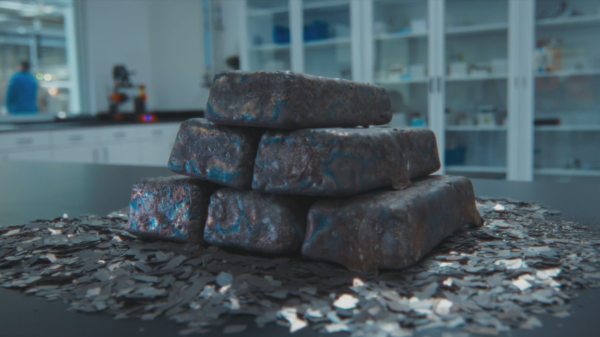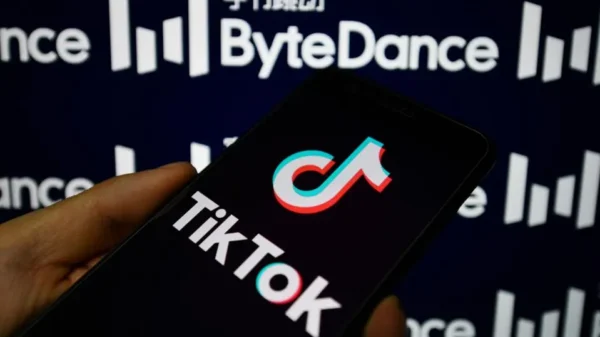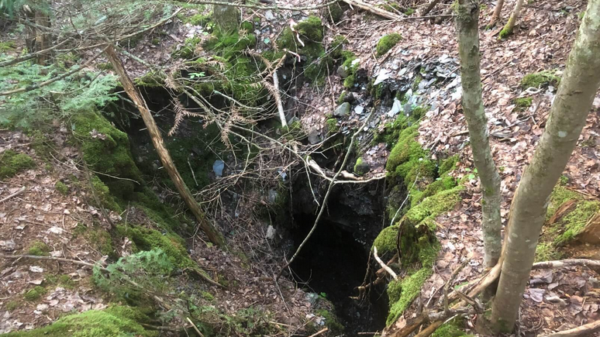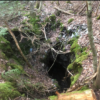Multiple unions and left-wing organizations hit the streets on March 12 to continue opposing President Javier Milei’s economic policies.
President Javier Milei seeks to reverse the country’s unfolding economic collapse through a series of “shock therapy” measures.
He grapples with governing with a politically inexperienced minority party and allies with sometimes divergent incentives. Meanwhile, vested interests view the success of Milei’s project as an existential threat to their privilege and political future.
Milei hasn’t exactly entered into an optimal situation, either. He inherited an economic situation arguably graver than those which brought down previous governments from Fernando de la Rua to Mauricio Macri.
Nonetheless, there are reasons to believe that, through his policies, the resonance of his message with many Argentines, and the adequacy of the authorities within Argentina’s highly Presidentialist system, he is slightly more likely to succeed than to spectacularly fail.
The left doesn’t see it that way.
The nation’s largest union, the Government Workers’ Association plans to stage a nationwide 24-hour strike.
Activists have also announced plans for roadblocks on major roads and highways, including those leading to Buenos Aires. They may also organize major rallies near the National Congress.
Although specific details of the demonstrations have not been provided, they are expected to cause disruptions in and around the Buenos Aires Metropolitan Area, Rosario, and Cordoba.
The ATE strike is expected to result in limited government services in some parts of the country, with its members possibly staging protests near government buildings.
Significant transport and business disruptions are anticipated throughout Argentina, with the potential for clashes between demonstrators and police, especially in downtown Buenos Aires and along inter-city highways.
Read more: Lithium South preliminary economic assessment shows optimism for lithium’s future
Read more: Lithium South near completion of production well and economic assessment at flagship operation
Economic shock involves heavy cuts to spending
Economic shock therapy refers to a set of rapid and often drastic measures implemented to address severe economic crises or inefficiencies. Typically, these measures involve swift and comprehensive changes to fiscal, monetary, and regulatory policies aimed at stabilizing the economy and promoting growth. One key aspect of shock therapy is the implementation of structural reforms that aim to deregulate markets, privatize state-owned enterprises, and liberalize trade.
In practice, shock therapy may involve measures such as drastic cuts in government spending, the removal of price controls, currency devaluation, and the elimination of subsidies. Additionally, these actions are often accompanied by efforts to attract foreign investment and encourage entrepreneurship.
The rationale behind shock therapy is to create a shock to the economic system that will break existing patterns of stagnation or crisis and pave the way for long-term growth and stability.
Milei’s success could potentially bring an influx of new capital and an unprecedented economic turnaround. It could also mark the end of almost eight decades of the dominant economic paradigm in Argentine politics, which is characterized by a state-led approach of capturing and allocating the spoils of Argentina’s economy among unions and other privileged groups.
Critics argue that the rapid pace of reforms can lead to social dislocation, job losses, and increased inequality. Additionally, the short-term pain inflicted by shock therapy can sometimes outweigh the long-term benefits, especially if the reforms are not carefully implemented or if there is insufficient social safety net to cushion the impact on vulnerable populations.
Read more: Lithium South Development expands production goals, updates PEA on Hombre Muerto lithium project
Read more: Lithium South Development updates leadership roster, appoints new director
Milei’s alternative approach raises ambiguity with China
A large part of economic shock therapy involves stimulating the economy via a new influx of investment. In past incidences of shock therapy in countries like Bolivia and Poland this included elimination of protectionism, or a government’s tendency to block foreign investment to protect a nascent or vulnerable industry.
Argentina is home to the largest share of the world’s salt-lake lithium resources, accounting for 21 per cent of the global total. It benefits from relatively lower production costs, but despite this advantage, Argentina’s lithium production trails behind leaders such as Australia and Chile, primarily due to technological and capability constraints.
In recent years, the country has used preferential policies such as tax cuts to attract investment with a specific aim for China. In response, Chinese firms have established strong relationships with local stakeholders and made strategic investments in infrastructure and the transfer of green technologies.
Milei’s approach is different.
His presidential campaign ran on the implementation of radical libertarian policies and rhetoric reminiscent of Donald Trump. He has also stated his intention to shift Argentina’s foreign policy towards the United States, distancing the nation from China.
Milei’s determination extends to Argentina’s decision not to join the economic bloc formed by a coalition of Brazil, Russia, India, China and South Africa (BRICS). Beijing has responded to these developments with ambiguity, signalling a pragmatic approach in maintaining its ties with Argentina, both as a resource-rich partner and a geopolitical ally in the Global South.
Read more: Lithium South Development updates leadership roster, appoints new director
Argentina’s move towards the US is not without issues
Argentina’s aims to boost its economy by aligning with the United States to access the North American EV market come with some uncertainties. These involve its eligibility for benefits under the US Inflation Reduction Act, which prioritizes sourcing battery metals from the US or its trade partners. This act is a key part of the Biden administration’s strategy to reduce reliance on China in critical mineral supply chains.
Add to that the recent supply chain issues regarding the reduction in demand for EV cars, and its attendant downstream effects on the price of lithium and it’s made speculating on the near future for lithium mining somewhat difficult.
Prices had declined from approximately USD$85,000/t in November 2022 to approximately USD$13,000/t in 2024.
However, Lithium South Development Corporation‘s (TSXV: LIS) (OTCQB: LISMF) (Frankfurt: OGPQ) positive results from its independent Preliminary Economic Assessment (PEA) for its Hombre Muerto North Lithium Project (HMN Lithium Project) near Salta, Argentina show the company remains unfazed by either prospect.
The study assumed a lithium price of USD$20,000/tonne (t) for a production start-up in 2029. This assumption was based on current published market analysis and benchmarking against price assumptions in multiple technical reports from similar brine lithium projects.
Other companies, such as Albemarle Corporation (NYSE: ALB), Chile’s Sociedad Química y Minera de Chile (SQM) (NYSE: SQM) seem equally undeterred. SQM, for example, recently decided to lean into the supply glut certain of a market correction by not reducing production at all. Instead, the company decided to build stockpiles of the metal for when demand returns.
Lithium South Development Corporation is a sponsor of Mugglehead news coverage
.
Follow Joseph Morton on Twitter
joseph@mugglehead.com














